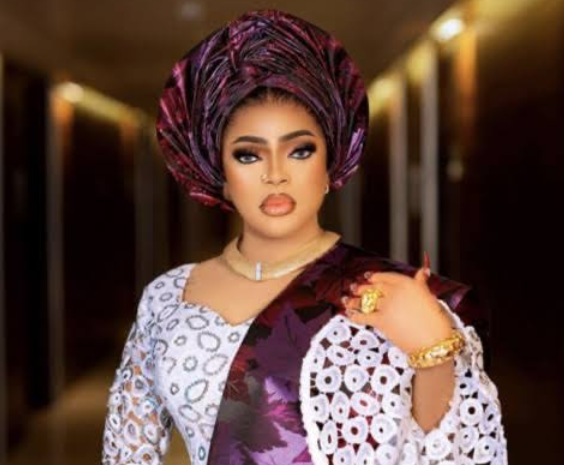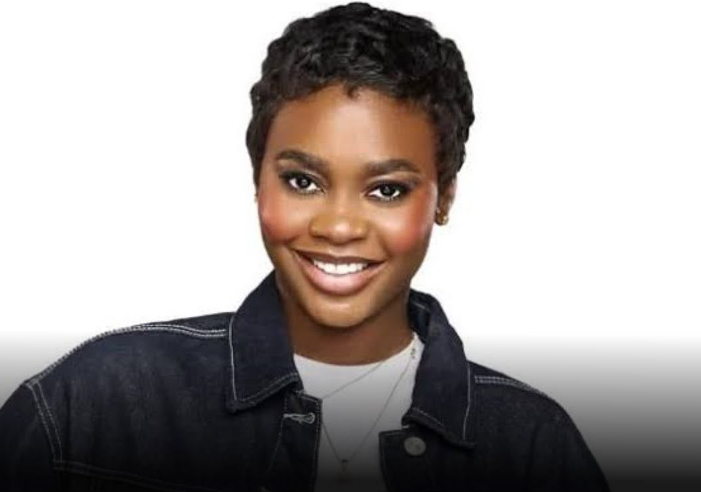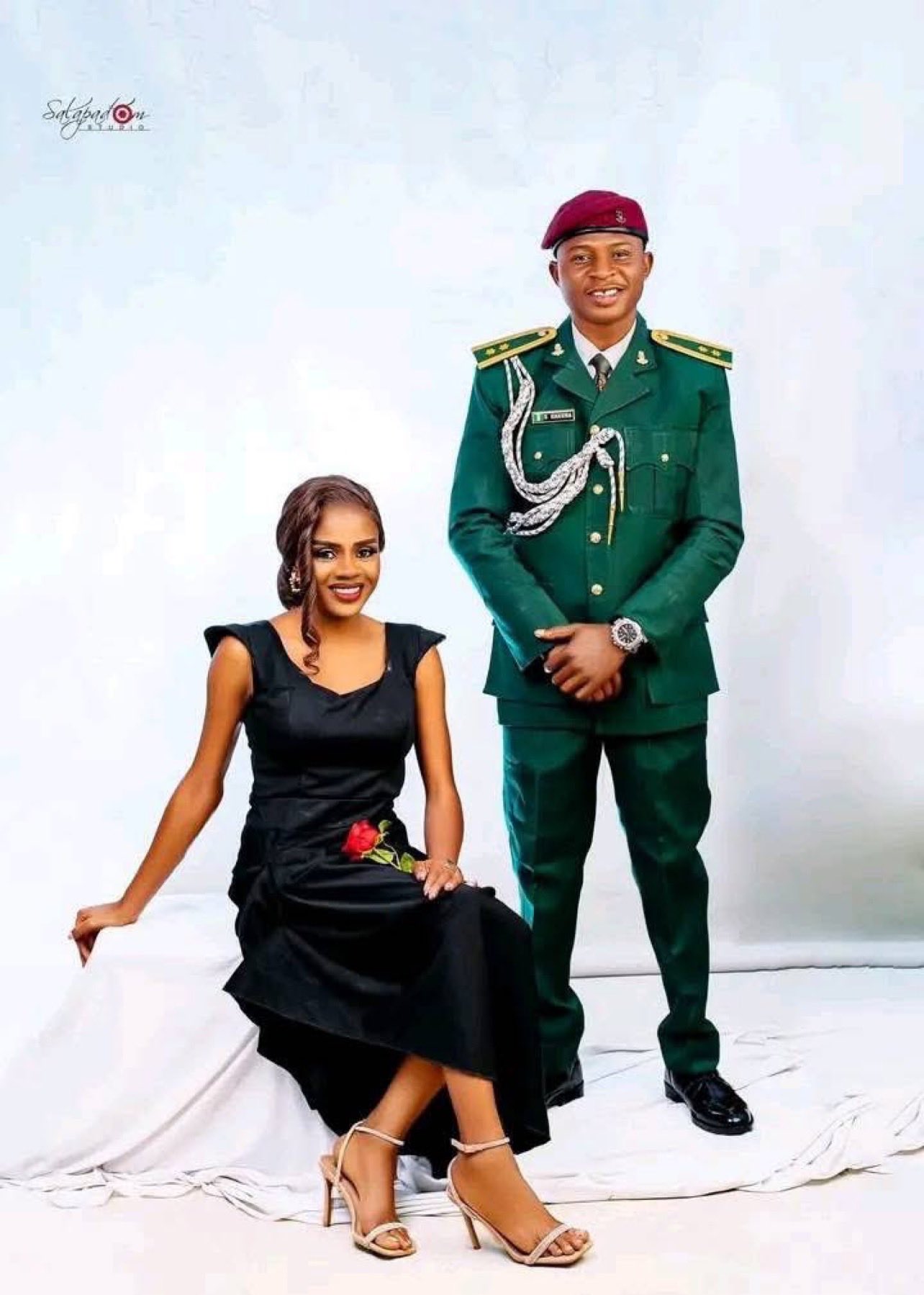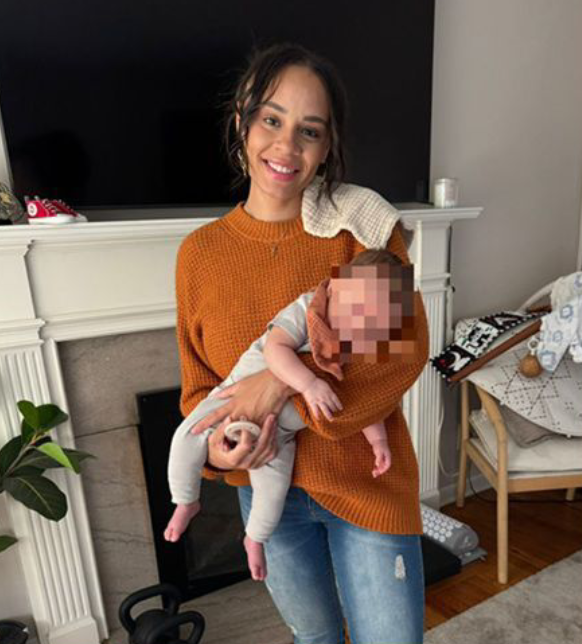
"Afolashade Has Won": Bobrisky Declares Womanhood Fully Complete, Sparks New Wave of Reactions Across Nigeria

In a characteristically bold and unapologetic statement, Nigeria’s most controversial and self-proclaimed “Mummy of Lagos,” Bobrisky, has declared that her transition into womanhood is now complete. The internet erupted once again as the social media sensation, born Okuneye Idris Olanrewaju, took to Instagram to announce that she has finally become what she has always claimed to be — a woman in her own right. “It’s time y’all accept Bob is now a woman,” she wrote with the confidence and defiance that have come to define her public persona.
To many, this declaration marks a milestone in Bobrisky’s ever-evolving identity, a journey she has carefully curated in front of millions of followers over the years. Dressed in a skin-tight outfit, her face beat to perfection, Bobrisky posted a celebratory video dancing to Calvin Harris and Rihanna’s hit song while confidently announcing her new phase. “I’ve done everything. Congratulations to me! I can now collect gbéra like we all women do. I’m proud of myself,” she proclaimed, her words dripping in victory.
Bobrisky’s post sent social media into a frenzy, triggering reactions ranging from praise and congratulations to criticism and condemnation. But as usual, the internet celebrity was unfazed. In a follow-up post, she doubled down on her truth, sending a warning to anyone who dared to question her identity. “Before you open your dirty mouth to ask if I have a womb, I don’t need it,” she snapped. “I love how these married men spend heavily on me and I don’t have to keep unwanted children for them to destroy their happy homes. I’m here to keep marriages intact.”
The message, laced with sarcasm and sharp wit, immediately drew mixed emotions. While some saw it as a bold declaration of independence and control, others interpreted it as a reckless dismissal of moral boundaries. Regardless of where one stands on the issue, one thing is certain — Bobrisky has once again succeeded in seizing the spotlight and getting everyone talking.
The name “Afolashade Amope,” which Bobrisky referenced in the post, has become something of an alter ego, a symbol of the feminine persona she claims to have now fully embraced. “Afolashade Amope, you won,” she wrote triumphantly. The tone was clear — the battle between past and present selves has ended, and in Bobrisky’s eyes, the woman has triumphed over the boy who once wore uniforms and lived in a conservative Lagos home.
This announcement is the latest in a series of personal victories Bobrisky has shared with her audience. From lavish birthday parties, designer outfits, luxury cars, to headline-making statements, she has made it clear that living loud and proud is not just a lifestyle — it’s her legacy. Even in the face of intense public scrutiny, ridicule, legal troubles, and social media backlash, Bobrisky’s confidence remains unshaken.
“I get coconut head,” she wrote, referencing the Yoruba phrase often used to describe someone who is stubborn and unmovable. That phrase alone summarizes her journey perfectly — a person who refuses to bend to societal pressure or abandon their truth no matter how controversial or unconventional.
Her fans, known as “Risky Nation,” flooded her comment section with words of admiration. “Queen Bob, you did it!” one fan wrote. “No one can dim your light,” said another. But there were also those who voiced concerns, questioning the legitimacy of her transition, the motivations behind her lifestyle, and the messages being sent to young Nigerians. “This isn’t what we should be celebrating,” a critic wrote. “There are better role models.”
Despite the division in opinion, what remains clear is Bobrisky’s undeniable influence. In a country where discussions around gender identity, sexuality, and personal freedom are still heavily stigmatized and often met with hostility, Bobrisky has positioned herself as a lightning rod for change — or chaos, depending on who you ask.
To her, none of that matters. She’s not seeking validation. She isn’t here to play by the rules or conform to anyone’s expectations. She has her own definition of womanhood, one that doesn’t require biology to prove. “Not even one billion trolls will stop me from getting everything I want,” she stated with finality. Her words echo a deep sense of self-belief and defiance that continues to keep her at the center of attention.
As the world continues to debate who she is or what she represents, Bobrisky is too busy living her life, draped in luxury and unapologetically feminine. She has rewritten the script for herself — no longer the boy from Ebute Metta, but the woman who has taken control of her narrative and transformed herself into a cultural icon, love her or hate her.
In a society still grappling with the complexities of gender identity and personal autonomy, Bobrisky’s declaration isn’t just a personal announcement — it’s a cultural moment. One that forces people to confront, question, or reaffirm their beliefs. One that disrupts the norm and demands attention. One that, perhaps in time, may be looked back on as a bold step forward in the ever-changing conversation about identity in Nigeria.
For now, she remains unbothered. “They tried to bully me,” she said. “But they forgot say me self get coconut head.” With that, Bobrisky signs off, not as the controversial crossdresser she was once labeled, but as a woman in full — in her words, in her truth, and in her own unapologetic glory.


